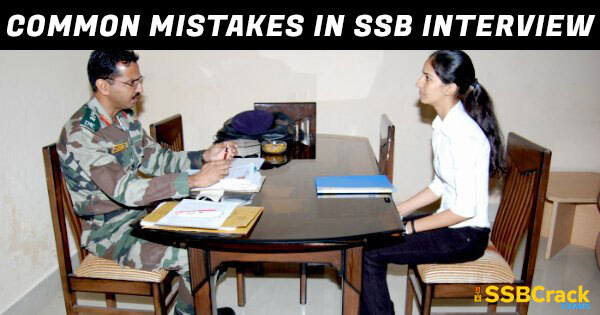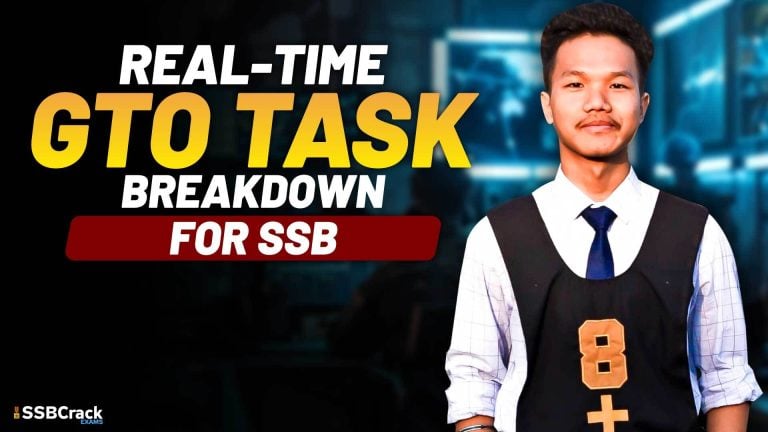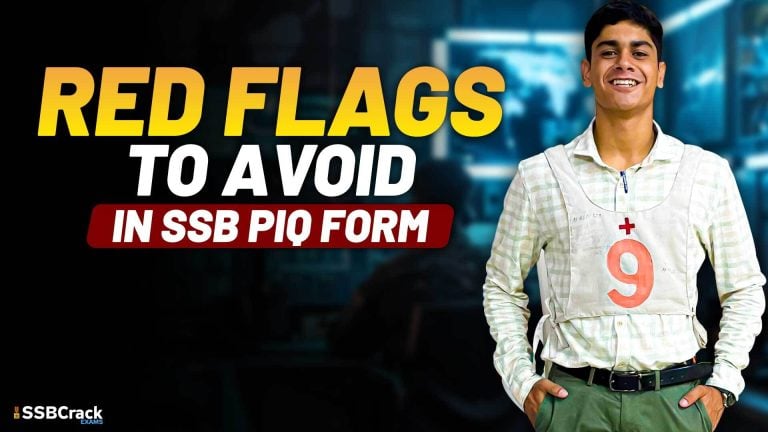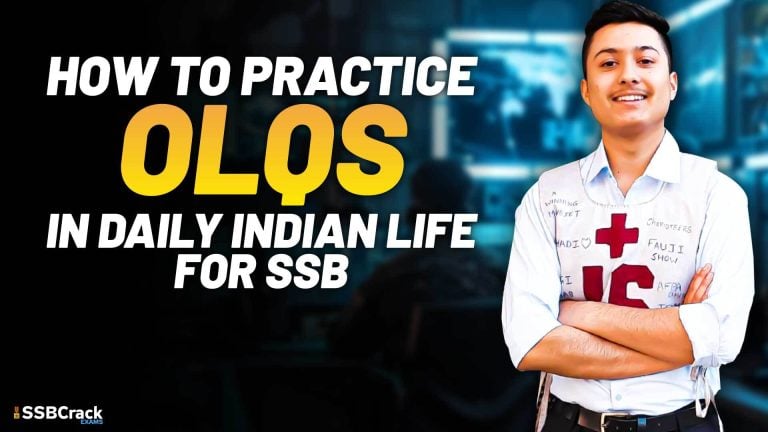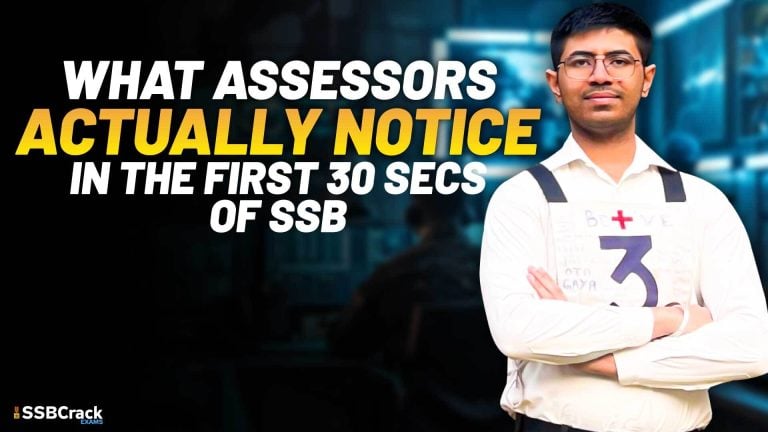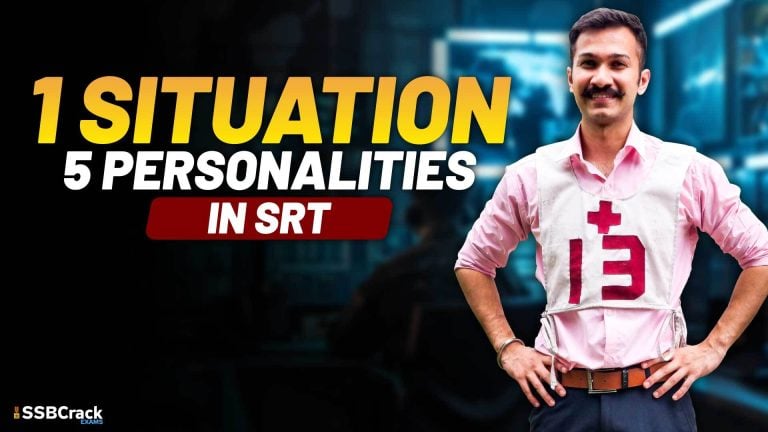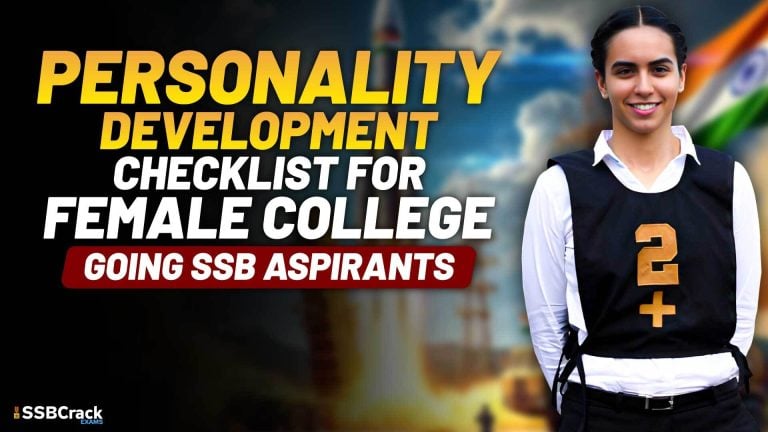We all make mistakes every now and then, some might be big and some small. But when it comes to our job interview, even the smallest of mistake can mess everything up. Be it the SSB interview or a job interview in any other organization, one needs to make absolutely sure that there is no room for mistakes. Most of the times what happens is that the candidates become very nervous and anxious which shows in their performance during the interview, which blows their chances and opportunity of doing great in the interview.
Following are some of the common mistakes that candidates make during interviews:
1. Poor personal appearance.
The first impression may not be the last impression but it certainly is the most important one. The interviewer comes to know a lot of things about your personality by just seeing how well you have dressed. It means that you need to look as professional and gentleman like as you possibly can. Pay special attention to this aspect since the interviewer will see you and your clothes even before you start conversing with him.
2. Too much of “I” and “Me”.
Many people like to boast about themselves by saying “I did this, I did that” but they don’t realise that they don’t leave any room for their co-workers. Remember it’s an OLQ to be a team player. You don’t want to prove to the interviewer that you can’t work in a team, do you? So talk about group tasks and then highlight your individual contribution to the overall improvement of the group task.
3. Being unprepared.
It is a blunder to do in any interview to show up unprepared. Imagine a candidate who can’t stop talking about how much passion and enthusiasm he has for the Armed Forces but when asked about a question pertaining to the Forces, he seems to not know how to answer to that question. If you are saying you have the passion, you need to show it as well. Just saying won’t do it.
4. Lying
Do not ever lie in your interview. Just make it very clear to yourself that the interview is not a kid to whom you can lie and cook up stories and hope that he would believe them. He is highly experienced, he interviews candidates day in and day out and he is skilled enough to know that you are lying. That wouldn’t help you much, would it? So it’s better to come clean and tell the truth from the very beginning than to lie and portray yourself in a way that you aren’t.
5. Not maintaining proper eye contact with the interviewer.
Not making eye contact makes the interviewer feel that the candidate lacks self-confidence. Maintaining a proper eye contact tells the interviewer that you are confident of yourself and it exhibits positivity. Also, it shows respect. You are talking to a senior, be polite enough to make proper eye contact with him.
6. Negative body language
Not many of us notice our own body language but how we use our gestures and how our posture is during communicating with others tells them a lot of things about us. Imagine a candidate who doesn’t smile at all, uses too many hand gestures and avoids eye contact. Is such a candidate likely to be successful? Probably not. Such negative body language conveys to the interviewer that you aren’t interested, you are distracted or that you a shy individual. Pay attention to how you talk and use your hand gestures.
7. Getting too friendly with the interviewer.
The interviewer will test you at every point of the interview. He will throw all sorts of questions at you and he might act friendly with you. He isn’t sitting there to make friends with you or other candidates. He wants to see how you react when he asks you unexpected questions or behaves in a friendly manner. So kindly bear that in mind and don’t behave too friendly with him. Maintain the decorum.
8. Talking too much or too little.
Whatever the interviewer asks you, answer it clearly. Don’t get sentimental and go on and on, it isn’t a story telling competition. Remember that the more you speak, the more he’ll probe you. Speak that much, which is required. Don’t limit your answer to a simple yes/no. Support your answer with examples. You have to maintain a balance between revealing too much information and no information at all.
9. Not showing that ‘you have it in you’.
You are sitting for the interview that so many people hope and dream to give. It’s because of your passion and love for the Armed Forces that you are appearing for the SSB interview. Would you not give it your 100%? A lot of candidates become nervous and aren’t able to prove and show the interviewer that you have it in you and that you are the best. You have got this chance, don’t blow it. Show the interviewer why he should recommend you.
